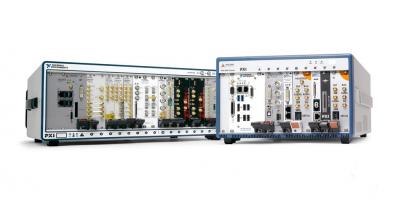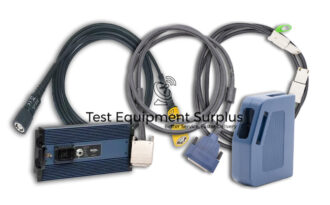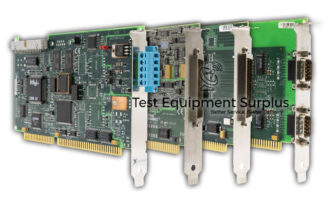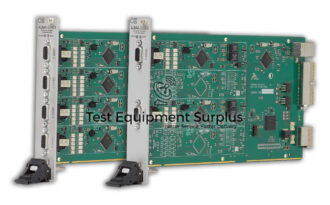Description
The product with the part number 132100F-02L falls under the category of Automotive Vision Products. It is known as the model PXIe-1487, which is a National Instruments PXIe-1486 PXI FlexRIO GMSL™ Interface Module. This module uses a GMSL™ (Gigabit Multimedia Serial Link) interface, making it compatible with Xilinx FPGA.
It is designed for various applications including HIL (Hardware in the Loop), Lab-Based Playback, and In-Vehicle Data Logging. The module offers configuration options such as 8 Input, 8 Output, and 4 Input/4 Output, catering to diverse needs. For those looking for specific configurations, the part numbers are provided: 788719-01 for 8 Input configuration, 788715-01 (MAX96717 serializer), 788719-01 (MAX96717F serializer) for 8 Output configuration, and 788714-01 (MAX96717), 788781-01 (MAX96717F) for 4 Input/4 Output configuration.
This module boasts features such as power-over-coax, I²C backchannel communication, and GPIO operations over GMSL™ channels, enhancing its versatility and performance in automotive vision applications. The development environment supported by this module is LabVIEW FPGA, which is ideal for engineers and developers working in this field.
| Specification | Detail |
|---|---|
| Part Number | 132100F-02L |
| Category | Automotive Vision Products |
| Model | PXIe-1487 |
| Description | National Instruments PXIe-1486 PXI FlexRIO GMSL™ Interface Module |
| Interface | GMSL™ (Gigabit Multimedia Serial Link) |
| Compatible With | Xilinx FPGA |
| Applications | HIL, Lab-Based Playback, In-Vehicle Data Logging |
| Configuration Options | 8 Input, 8 Output, 4 Input/4 Output |
| Part Numbers for 8 Input | 788719-01 |
| Part Numbers for 8 Output | 788715-01 (MAX96717 serializer), 788719-01 (MAX96717F serializer) |
| Part Numbers for 4 Input/4 Output | 788714-01 (MAX96717), 788781-01 (MAX96717F) |
| Features | Power-over-coax, I²C backchannel communication, GPIO operations over GMSL™ channels |
| Development Environment | LabVIEW FPGA |
| Required Chassis
Question 1: What is the part number for the PXIe-1487? Question 2: What interface does the PXIe-1487 use? Question 3: Which development environment is supported by PXIe-1487? Question 4: What applications is PXIe-1487 designed for? Question 5: What features does PXIe-1487 offer? |




